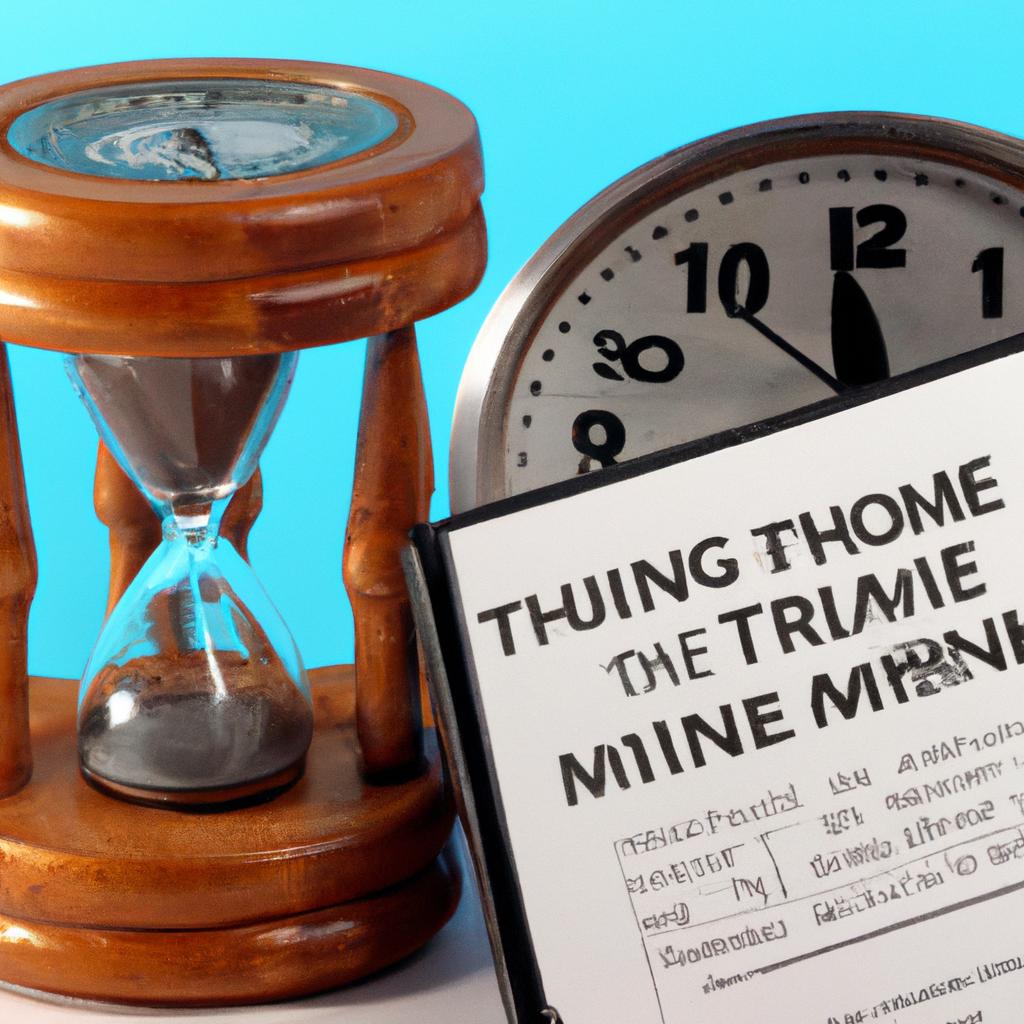When considering the acquisition of a time share, one must contemplate whether this investment constitutes a valuable asset. In the realm of estate planning and property management, the classification of a time share as an asset carries significant implications. As legal experts at Morgan Legal Group in New York City, we delve into the complexities of this issue to provide clarity and guidance on the matter. Join us as we explore the question: Is a time share truly an asset
Understanding the Nature of Time Shares in Estate Planning
Time shares are commonly misunderstood when it comes to estate planning. Many individuals are unsure whether a time share should be considered an asset or a liability when it comes to their estate. The nature of time shares in estate planning can be complex, but understanding the implications can greatly impact the distribution of assets.
- Time shares can be considered assets as they have a monetary value and can be inherited by beneficiaries.
- However, time shares can also come with maintenance fees, assessments, and other financial obligations that may impact the overall value of the estate.
When creating an estate plan, it is crucial to accurately assess the value of time shares and consider how they fit into the overall estate. Consulting with an experienced estate planning attorney can help navigate the complexities of including time shares in your estate plan.

Analyzing the Financial and Legal Implications of Time Shares
When considering whether a time share should be classified as an asset, it is essential to analyze both the financial and legal implications involved. From a financial standpoint, a time share can be viewed as an asset due to its tangible value and potential for appreciation over time. However, it is crucial to also consider the ongoing maintenance fees, depreciation, and limited market liquidity associated with time shares.
From a legal perspective, the classification of a time share as an asset may vary depending on the jurisdiction and specific laws governing real estate ownership. In some cases, a time share may be considered a real property interest, while in others it may be classified as a personal property asset. This distinction can impact how the time share is treated in terms of inheritance, taxation, and liability. Therefore, it is important to consult with a legal professional specializing in real estate law to fully understand the implications of owning a time share.

Determining Whether a Time Share Fits into Your Overall Asset Portfolio
When considering whether a time share fits into your overall asset portfolio, it is important to carefully evaluate the benefits and drawbacks of such an investment. A time share can be considered an asset due to its potential to generate rental income and provide a vacation property for personal use. However, it is essential to weigh these benefits against the costs and obligations associated with owning a time share.
Before adding a time share to your asset portfolio, take the following factors into consideration:
- Long-term financial commitment
- Potential for appreciation in value
- Monthly maintenance fees
- Flexibility of use
| Pros | Cons |
|---|---|
| Potential rental income | High maintenance fees |
| Vacation property for personal use | Limited flexibility in scheduling |

Key Considerations Before Investing in a Time Share
When considering investing in a time share, there are several key factors that need to be carefully deliberated upon. It is crucial to understand the nature of a time share before determining whether it can be classified as an asset. One must evaluate the long-term financial implications and benefits that come with owning a time share property.
Factors such as the maintenance fees, property taxes, and the flexibility of using the time share need to be taken into account. It is important to research the reputation of the time share company, as well as the resale value of the property. Additionally, considering the potential rental income or exchange opportunities can provide a clearer picture of whether a time share can be considered a valuable asset in the long run.
Q&A
Q: Is a time share considered an asset?
A: This is a widely debated topic among financial experts and real estate professionals.
Q: What defines an asset?
A: An asset is typically defined as something of value that can be owned or controlled to produce future economic benefits.
Q: How does a time share fit into this definition?
A: A time share can be considered an asset because it holds value and can potentially provide future economic benefits through rental income or resale.
Q: Are there any drawbacks to considering a time share an asset?
A: Some argue that time shares do not appreciate in value like traditional real estate investments and can come with hefty maintenance fees, diminishing their long-term economic benefits.
Q: Can a time share be a good investment?
A: It ultimately depends on the individual’s financial goals and how they plan to use the time share. Some people find value in the convenience and amenities that time shares offer, while others may see them as a financial burden.
Q: What factors should be considered when determining if a time share is an asset?
A: Factors such as the location, quality of the property, resale potential, maintenance fees, and rental income potential should all be taken into account when evaluating whether a time share can be considered an asset.
To Wrap It Up
In conclusion, whether a time share is considered an asset ultimately depends on how it is utilized and valued by the individual owner. While it may not always appreciate in value like traditional real estate, a time share can still hold sentimental value and provide cherished memories for years to come. So, before you decide to invest in a time share, take the time to carefully weigh the pros and cons to determine if it aligns with your long-term financial goals and lifestyle choices. Remember, the true value of any asset lies in the eye of the beholder.

